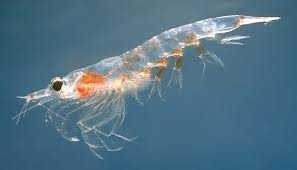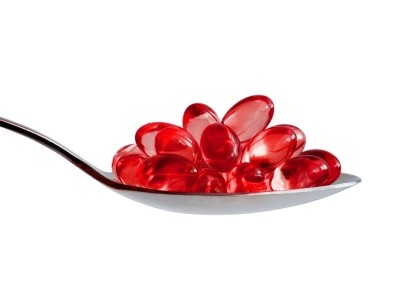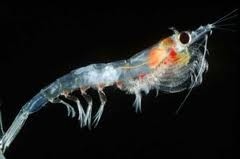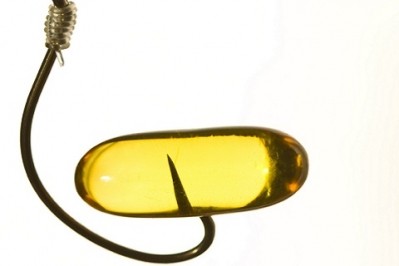Krill oil shows lipid-lowering potential: Mouse data

A mouse model of chronic inflammation also indicated that carnitine turnover was improved in the krill oil group only, according to findings published in the European Journal of Nutrition.
Researchers based in Norway explained that carnitine is involved in lipid metabolism and is needed for the efficient transport of long-chain fatty acids into mitochondria.
“Surprisingly, only krill oil was able to reduce plasma triacylglycerol levels and improve carnitine turnover in the chronic inflammatory state, though the supplemented diets did not differ substantially in the content of biologically active components (n-3 PUFAs),” wrote researchers from the University of Bergen, the National Institute of Fisheries in Norway, and Haukeland University Hospital.
The researchers used fish oil provided by EPAX and krill oil by Aker Biomarine ASA.
Commenting on the results, Lena Burri, director of scientific writing at Aker BioMarine, said: "The results reported in this study are in line with previous publications and it is interesting to note that krill oil is also able to reduce plasma lipid levels in a model of chronic low-grade inflammation in combination with a high fat diet."
Study details
The Norway-based scientists divided male mice into one of three groups: The first group was fed a high-fat control diet, while the other two groups received the high-fat diet supplemented with either fish oil or krill oil, providing about 5.3 weight % of the fatty acids of EPA, and 2.5 wt% DHA.
After six weeks of feeding results showed that krill oil was associated with lower levels of triacylglycerols, and an improvement in carnitine turnover, but these were not seen in the fish oil group. However, the fish oil group displayed significantly improved cholesterol levels.
Neither group was associated with significant change in the levels of pro-inflammatory cytokines, said the researchers.
“Our findings demonstrate that fish oil and krill oil are comparable dietary sources of n-3 PUFAs,” they wrote. “However, when quantitatively similar doses of n-3 PUFAs are administered, krill oil seems to have a greater potential to promote lipid catabolism.
“The effect of dietary oils on the levels of inflammatory markers […] mice fed a high-fat diet needs further investigations.”
Source: European Journal of Nutrition
Published online ahead of print, doi: 10.1007/s00394-012-0441-2
“Krill oil versus fish oil in modulation of inflammation and lipid metabolism in mice transgenic for TNF-α”
Authors: N.F. Vigerust, B. Bjorndal, P. Bohov, T. Brattelid, A. Svardal, R.K. Berge
















